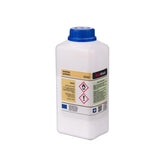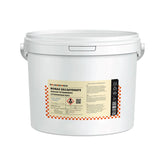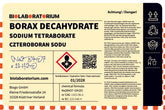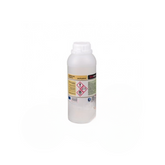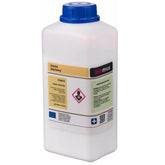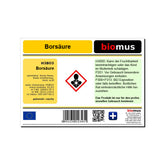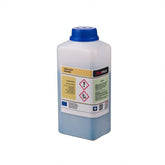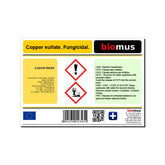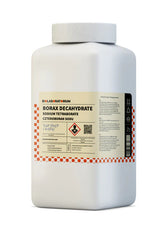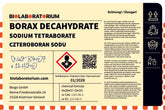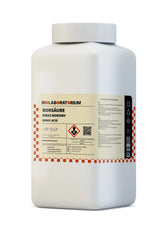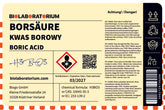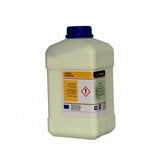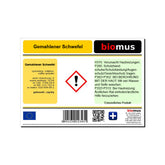Nicotinic acid – Versatile applications in industry and technology
Nicotinic acid, also known as vitamin B3, is a chemical compound that finds diverse applications in industry and technology. Far beyond its role as an essential vitamin, nicotinic acid offers a range of interesting properties that make it a valuable raw material in various industries.
Industrial Applications of Nicotinic Acid
In industrial production, nicotinic acid is used for a variety of purposes due to its chemical structure and reactivity. One of the main areas of application is the cosmetics industry. Here, nicotinic acid serves as an ingredient in skincare products, as it stimulates blood circulation and thus can contribute to an even complexion. Furthermore, nicotinic acid is used in hair growth products, as it promotes blood circulation in the scalp.
Nicotinic acid also plays an important role in chemical material production. For example, it is used in the manufacture of plastics, paints, and coatings, where it acts as a hardener, crosslinker, or stabilizer. Due to its versatile properties, nicotinic acid can positively influence material characteristics such as strength, heat resistance, or weather resistance.
Furthermore, nicotinic acid finds application in the pharmaceutical industry. Here, it serves as a starting material for the production of medications, particularly dietary supplements and vitamin preparations. Due to its good tolerability and bioavailability, nicotinic acid is a valuable raw material in drug production.
Technical Properties and Applications of Nicotinic Acid
In addition to its industrial applications, nicotinic acid also exhibits interesting technical properties that make it attractive for various uses.
For instance, nicotinic acid is a crystalline, white solid with a characteristic odor. It is highly soluble in water and possesses high thermal stability, making it suitable for many technical processes. Moreover, nicotinic acid is relatively inexpensive and readily available in large quantities, which favors its industrial use.
An important technical application area of nicotinic acid is the production of lubricants and greases. Here, it serves as an additive to improve friction reduction and wear resistance. Nicotinic acid is particularly used in high-performance lubricants for industrial applications such as gears or bearings.
Furthermore, nicotinic acid is used in the electronics industry. Here, it serves as a corrosion inhibitor for metal contacts to enhance the conductivity and longevity of electronic components.
Nicotinic acid also plays a role in textile finishing. It is used to make fabrics water- and dirt-repellent or to support dyeing processes.
Outlook and Conclusion
Nicotinic acid is a versatile raw material used in numerous industrial and technical applications. Its chemical properties, availability, and cost-effectiveness make it a valuable component of modern production processes.
From cosmetics to material production to the electronics industry – nicotinic acid offers a broad spectrum of application possibilities. With the increasing importance of sustainable and environmentally friendly production methods, the demand for nicotinic acid could even rise further in the future.
Overall, it is evident that nicotinic acid is far more than just an essential vitamin. Its industrial and technical applications make it a valuable raw material in many industries and underscore its importance for modern production processes.
